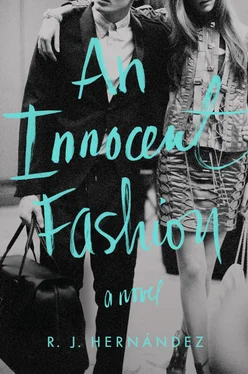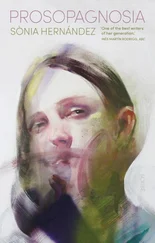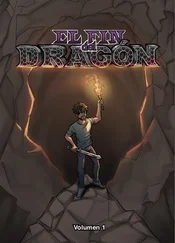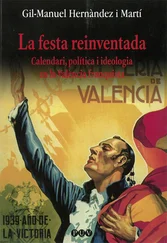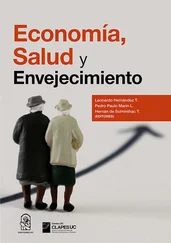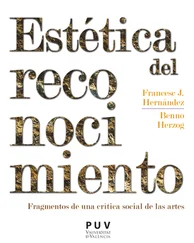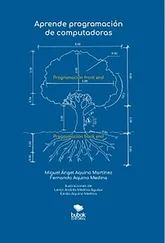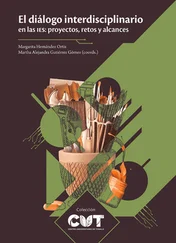“ ¡Cerveza, corazón! ” He collapsed mightily at the head of the kitchen counter, and at the sight of me, bellowed “ ¡Oye, cabrón! ” The next moment I would be swept up in his rancid embrace, helplessly tumbled into a thicket of curly black chest hairs.
My mother would swing open the refrigerator door for a Corona, flypaper ribbons whooshing overhead. Suspended, crisscrossed, across the ceiling like party streamers, they ensured an untimely end for any festivity-seeking trespassers, who got stuck like raisins on a sticky bun and suffered slowly among my mother’s rooster-themed placemats, dishtowels, and refrigerator magnets.
“ Dame un beso, cabrón ,” my father would say, patting his damp, stubbly cheek for a kiss. For many years I thought “ cabrón ” meant “son,” or some other term of endearment, until I found out it meant “motherfucker”—alternatively, “male goat”—the knowledge of which I could hardly bear. To be fair, I knew my father meant it with affection — although I could never fathom why, in relation to me, his affection should be best encapsulated by the invocation of a farm animal.
When my mother plodded out with dinner — a normal day meant chicken or pork with rice, chili, and tortillas — my father would put me down and slap my behind. Then, if my mother was near enough, he’d slap hers too. I always shuddered at this. The gesture wasn’t cruel, or even unloving — it was just like cabrón , my father’s rudimentary way of showing affection — and my mother seemed to enjoy it. Usually, she pretended to be offended: “ ¡Ay, Reynaldo! ” she would scold, before teasing him with a wink.
My father loved my mother — he never cheated or raised a fist. By anybody’s standards in Corpus Christi, that should have been enough, as even in my youngest years I knew about divorce, and that in other families love was scarce. Yet I was always struck — as I was by the jagged outward contour of my entire life — by the inelegance of my parents’ love, by its crudeness, its vulgarity.
I had no reason to think it should be any different. After all, nothing in Corpus Christi was very beautiful or interesting. The local high school resembled a fortress, with the brown, corrugated walls of a high-security penitentiary; the mall, situated over a cavernous concrete parking lot, was anchored by a beef jerky outlet. The most popular hangout was a bottomless BBQ pit, complete with a drive-through, its windows filled with neon signs and sun-faded photographs of coleslaw and sloppy joe.
It wasn’t all bad , necessarily. Good and bad was a different spectrum altogether, at least as far as God was concerned, and everything I learned at church. But if it wasn’t bad, it was boring, and it was ugly — and those were the two things in life that made my blood run cold.
Nobody else seemed to mind, or even notice, that Corpus Christi was a famine of beauty, and that nothing ever seemed to happen there. From this I gathered early on that other people were born with ashtrays for eyes. They could shore up all the rot and ash just fine, and tap out the muck every once in a while, but for some inexplicable reason, my eyes were more sensitive than that. I was more sensitive than that, and ultimately I think that’s why I was ill-suited to work in the fashion industry: Fashion is an ornate mirror held up to the world, and the world is all rot and ash.
CORNERED BY THE CREEPING SUFFOCATION OF A LIFE WITHOUT beauty or stimulation, my only defense when I was younger was to read picture books. Every day I stuffed my backpack at the elementary school library with six, the maximum number, enough to keep me occupied all evening as I read to my dog Lola. Lola was a mutt, like me — a cross between a Labrador and some unknown breed — but beautiful and lithe, with a luminescent black coat. During dinner, Lola would lie under my father’s barstool, knowing that some pork or shredded chicken might fall in her vicinity during the ferocious transference of food between the plate and his mouth; then, when I was finished with my plate, she would sniff a moon-shaped crescent around my father’s stool and follow me to my bedroom, where she was familiar with my nightly routine. I flipped pages for hours, mumbling the words out loud, with increasing proficiency, to her upraised ears. Books of fairy tales were my first favorites, because in them the kindhearted beggar children always ended up ruling some huge kingdom or, in a worst-case scenario, were transformed into birds or squirrels. They also had the best illustrations, and when I wanted to pretend I was inside of them, I stared at the wall, which was blank except for a laminated poster of Jesus Christ with a thoughtful palm upraised and his thorn-wreathed heart bursting through his chest. It was like this every night, Lola by my side as I willed myself through sheer force into another place, another life.
Outside my window I could always hear the neighborhood boys as they bounced around lumpy balls, or yelled over to who got to control a battery-operated car. There were six or seven of them around my age, all led by Cesar Montana, who was one grade older and resembled a boulder in a T-shirt, with a pebble balanced on top for a head.
“Oh, come on , amorsito— you and Lola must be tired of all these books,” my mother said the first time she dragged me by the hand onto the sidewalk. She was only trying to help me. The other boys played outside, therefore so should I — but what she didn’t know was that the other boys wanted nothing to do with me. I was too quiet, too gawky, and clearly I was afraid of them, so why should they accept me? Not an hour after this initiation of our playdate, I was crumpled on the asphalt, sobbing, with a bruise swelling on my knee while Cesar Montana laughed and the other boys said nothing, because they knew that if he wanted to, Cesar Montana could probably just sit on them and they would never live to operate a remote-controlled car again.
I hid the injury from my mother, and thereafter she appeared regularly at my bedroom door, imploring me to join my “friends.” She always had such a hopeful look — all she wanted was for me to be normal — so I would put down my book and leave the house, with Lola by my side. We wandered around the neighborhood as the shouts of the neighborhood boys faded away and the sky steeped, like tea, into a melancholic lavender twilight. As the dust of another day settled all around us, I pulled up flowers from the neighbors’ yards — smelled them, stroked their velvety petals, peered inside of them, and twisted their stems together to make bouquets. If I heard a noise, I would ring my arms around Lola’s neck, pressing our faces together. “Do you hear that?” I would whisper, imagining someone had finally arrived to take me away, to the kingdom that was my birthright. Surely it would be my fairy godmother, or at least the angel Gabriel who, according to Padre José at Sunday Mass, had chosen an ordinary day to tell the Virgin Mary that she was pregnant with Jesus — which meant any day could be the day an angel popped out of nowhere to change your whole life. Of course, the sound always turned out to be just a cat slithering past a rattling chain-link fence, or a ball bouncing in a powdery yard.
I must have made a thousand bouquets, and read as many books, when the day came that Lola didn’t follow me after dinner — didn’t even look up, or budge.
“Lola is old now, she’s going blind,” my mother said, and it was true. I had noticed for some time that Lola’s luxurious black coat had begun to shed, but I had no concept of aging, no understanding that she was getting older, as was I, along with my parents and teachers and the neighborhood kids, all of us moving helplessly toward a bleak, common end. I cried over her as her hair faded and the pus pooled up in the corners of her milky eyes. When I touched her, she tucked her nose under a paw as the tears dribbled down her face, and I realized she was ashamed. My only friend, once so beautiful, had betrayed me — she’d become another sad, ugly thing in the sad, ugly world I lived in.
Читать дальше
